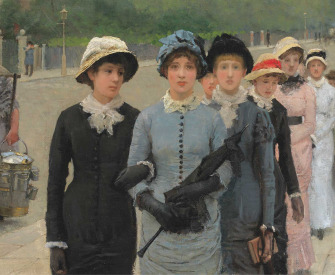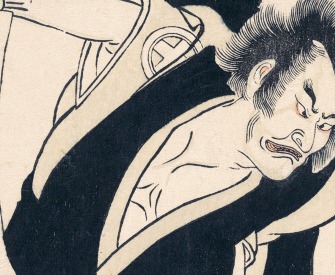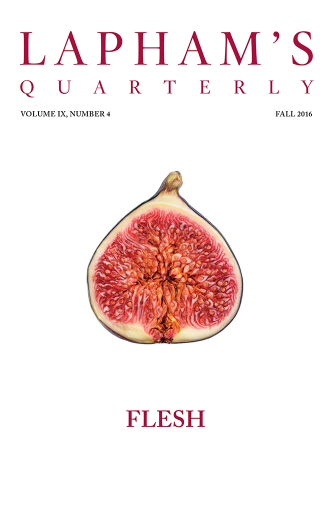In a system every fact is connected with every other by some thought relation. The consequence is that every fact is retained by the combined suggestive power of all the other facts in the system, and forgetfulness is well-nigh impossible.
The reason why cramming is such a bad mode of study is now made clear. I mean by cramming that way of preparing for examinations by committing “points” to memory during a few hours or days of intense application immediately preceding the final ordeal, little or no work having been performed during the previous course of the term. Things learned thus in a few hours, on one occasion, for one purpose, cannot possibly have formed many associations with other things in the mind. Their brain processes are led into by few paths, and are relatively little liable to be awakened again. Speedy oblivion is the almost inevitable fate of all that is committed to memory in this simple way. Whereas, on the contrary, the same materials taken in gradually, day after day, recurring in different contexts, considered in various relations, associated with other external incidents, and repeatedly reflected on grow into such a system, form such connections with the rest of the mind’s fabric, lie open to so many paths of approach, that they remain permanent possessions. This is the intellectual reason why habits of continuous application should be enforced in educational establishments. Of course, there is no moral turpitude in cramming. If it led to the desired end of secure learning, it would be infinitely the best method of study. But it does not, and students themselves should understand the reason why.
From The Principles of Psychology. An American philosopher and psychologist, James wrote this two-volume work over a period of twelve years. Upon publication, Principles became the foremost psychology textbook in the United States and Europe. “What is taken in during the one hour,” he wrote in 1874, “settles distinctly and thoroughly into the mind during the following twenty-three hours; whereas if five other hours of study succeeded it, it would be jostled and shaken in confusion and dimness.”
Back to Issue



